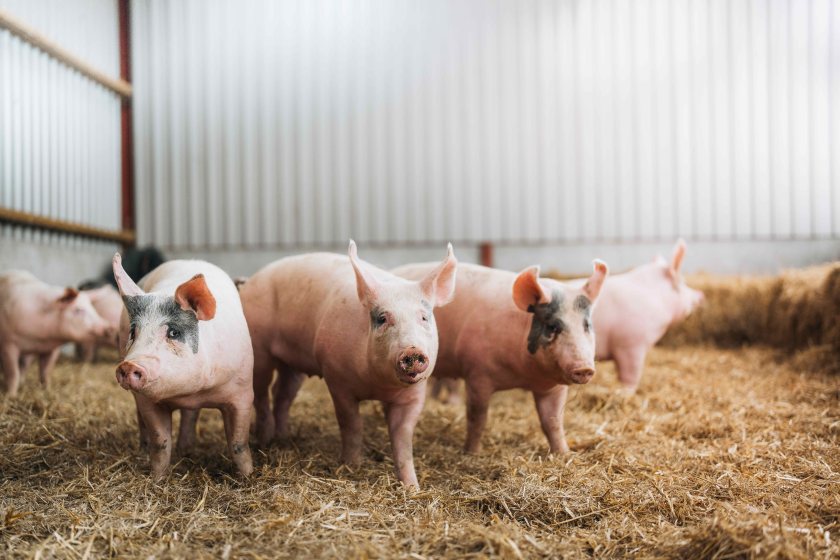
Scotland’s pig sector is making significant progress in disease control and biosecurity, with over 160 farms now participating in a national testing initiative.
In addition, 76 farms are undergoing detailed biosecurity assessments as part of the PRRS Control and Elimination of Swine Disease (PCES) project, managed by Wholesome Pigs (Scotland).
This initiative marks a pivotal development in enhancing herd health, bolstering disease resilience and creating a clearer national overview of on-farm biosecurity strengths and risks.
The porcine reproductive and respiratory syndrome (PRRS) testing is generating the most comprehensive dataset yet on disease prevalence and status.
PRRS is widespread in pig-producing areas and is estimated to cost the industry approximately £1.75 billion annually in the US and Europe.
Meanwhile, the initiative's BioCheck.urgent audits are providing valuable insights into current practices and areas that require improvement, both for indoor and outdoor farming operations.
“This project shows what’s possible when industry and government align around shared goals," said Dr David Strachan, veterinary manager for the PCES project.
"We now have a solid foundation to tackle PRRS strategically, backed by science and shaped by farmers and vets on the ground.”
A new herd categorisation system has been introduced to reflect both vaccination and infection status, which will allow for more effective planning and benchmarking at farm and regional levels.
Additionally, three regional producer meetings held in March 2025 highlighted strong interest from pig farmers in creating local forums to guide future control strategies.
These forums, which will be chaired by producers once the PRRS mapping data is fully analysed, aim to tailor approaches based on regional risk levels.
Looking to the future, the remaining PRRS testing and BioCheck.urgent audits will be completed as part of the next phase of the project.
Annual vet-led reviews will then monitor progress and ensure long-term improvements are embedded.
To further support on-farm teams, practical resources – including posters – are being developed to raise awareness and encourage behavioural change.
Andy McGowan, QMS board member and director of Wholesome Pigs (Scotland), added: “At a time when threats like African swine fever remain just across the water, these individual farm assessments and data-driven insights are vital to protecting our national herd.
"It’s about giving farmers and vets the tools to have focused conversations and take meaningful action.”
Early results suggest that Scottish farms compare favourably with their European counterparts, although several common risk areas have been identified, reflecting international trends.
The PCES team is also exploring a potential voluntary zoning scheme for PRRS, which would aim to protect high-health areas and promote coordinated improvements where risk levels are higher.
Dr Strachan concluded: "Together, we’re setting Scotland’s pig sector on a clear path to stronger disease control, better biosecurity, and future industry growth.”
